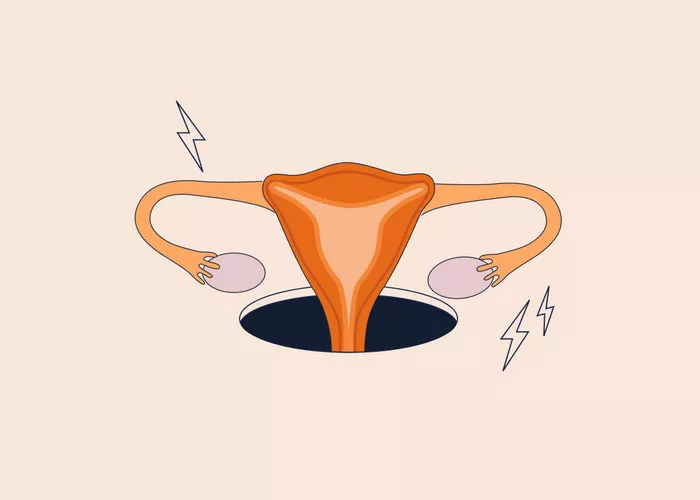Male infertility is a complex and often overlooked issue affecting a significant portion of couples worldwide. While infertility has historically been associated with female factors, recent studies have shed light on the substantial contribution of male factors to reproductive challenges. Understanding the genetic underpinnings of male infertility is crucial for diagnosis, treatment, and informed decision-making. In this article, we will explore the role of genetic factors in male infertility and the utility of chromosome testing in addressing this issue.
Overview of Male Infertility
Male infertility is a prevalent condition, affecting approximately 7% of all men worldwide. It can manifest as a decreased sperm count (oligozoospermia), complete absence of sperm (azoospermia), or impaired sperm function. Various factors contribute to male infertility, including lifestyle factors, environmental exposures, medical conditions, and genetic abnormalities. Genetic factors are estimated to account for up to 15% of male infertility cases, making them a significant focus of research and clinical investigation.
Genetic Testing Techniques
Genetic testing plays a crucial role in diagnosing male infertility and identifying underlying genetic abnormalities. Common genetic tests employed in this context include karyotype analysis, Y-chromosome microdeletion testing, and CFTR mutation testing.
1. Karyotype Analysis: This test examines the structure and number of chromosomes in an individual’s cells. Chromosomal abnormalities, such as aneuploidy (abnormal chromosome number) or structural rearrangements, can impact male fertility by disrupting spermatogenesis.
2. Y-Chromosome Microdeletion Testing: The Y chromosome contains genes essential for male reproductive development. Microdeletions in specific regions of the Y chromosome can lead to impaired spermatogenesis and infertility. Y-chromosome microdeletion testing identifies these deletions and helps assess the risk of infertility in affected individuals.
3. CFTR Mutation Testing: Cystic Fibrosis Transmembrane Conductance Regulator (CFTR) gene mutations are associated with cystic fibrosis, a condition that can also affect male fertility. CFTR mutation testing assesses the presence of mutations in the CFTR gene, providing valuable information for couples considering reproductive options.
Indications for Testing
Genetic testing for male infertility is recommended in several scenarios, particularly when there are severe sperm abnormalities such as oligozoospermia or azoospermia. Additionally, genetic testing may be indicated in cases of unexplained infertility, familial history of genetic disorders, or recurrent pregnancy loss. Identifying underlying genetic factors can guide treatment decisions and reproductive planning for affected couples.
Interpreting Test Results
Interpreting genetic test results requires careful consideration of various factors, including the type of genetic abnormality detected, its potential impact on fertility, and the individual’s overall reproductive health. In cases where abnormalities are identified, genetic counselors play a vital role in providing support, education, and guidance to couples navigating fertility challenges.
Treatment Options
The treatment approach for male infertility depends on the underlying genetic diagnosis and the specific reproductive goals of the couple. In cases where genetic abnormalities are identified, assisted reproductive technologies (ART) offer potential solutions. Techniques such as in vitro fertilization (IVF) with intracytoplasmic sperm injection (ICSI) allow for the direct injection of sperm into the egg, bypassing natural barriers to fertilization. Additionally, preimplantation genetic testing (PGT) may be employed to screen embryos for chromosomal abnormalities or specific genetic mutations before implantation, reducing the risk of genetic disorders in offspring.
Ethical and Emotional Considerations
Infertility can have profound emotional and psychological effects on individuals and couples, often leading to feelings of frustration, stress, and grief. The decision to undergo genetic testing and pursue fertility treatments is deeply personal and may raise ethical considerations related to the use of reproductive technologies, the potential for passing genetic disorders to offspring, and the allocation of resources within healthcare systems. It is essential for healthcare providers to offer compassionate support and comprehensive counseling to help couples navigate these complex issues and make informed decisions that align with their values and beliefs.
Advancements in Research
Ongoing research in the field of male infertility continues to advance our understanding of the genetic factors contributing to reproductive challenges. Emerging technologies, such as next-generation sequencing (NGS), hold promise for identifying novel genetic markers associated with male infertility and improving the accuracy and efficiency of genetic testing methods. Additionally, research efforts are focused on developing targeted therapies aimed at addressing specific genetic abnormalities implicated in male infertility, with the goal of optimizing treatment outcomes and enhancing reproductive success for affected individuals and couples.
In conclusion, chromosome testing plays a vital role in the comprehensive evaluation and management of male infertility. By identifying underlying genetic factors, healthcare providers can tailor treatment strategies to address individual needs and optimize reproductive outcomes. However, it is essential to approach genetic testing and fertility treatments with sensitivity to the ethical and emotional complexities involved, prioritizing patient-centered care and shared decision-making. Continued research and innovation in this field hold promise for advancing our ability to diagnose and treat male infertility effectively, ultimately helping more couples achieve their dreams of parenthood.


























